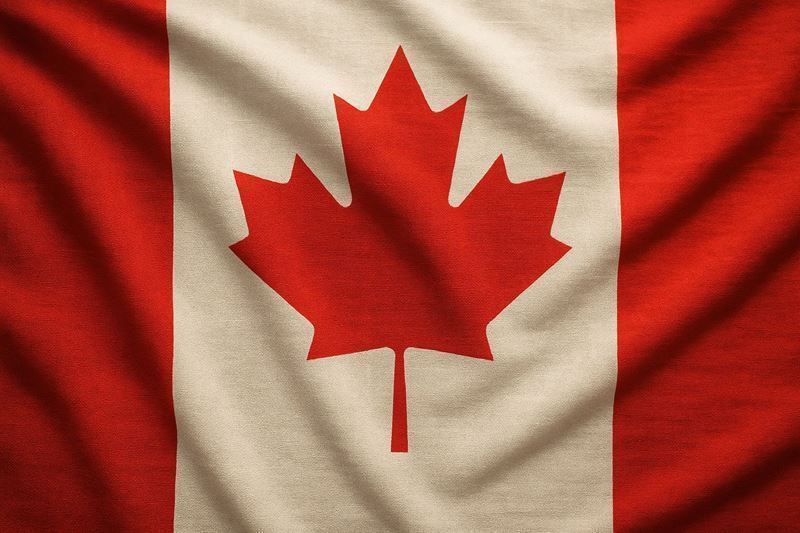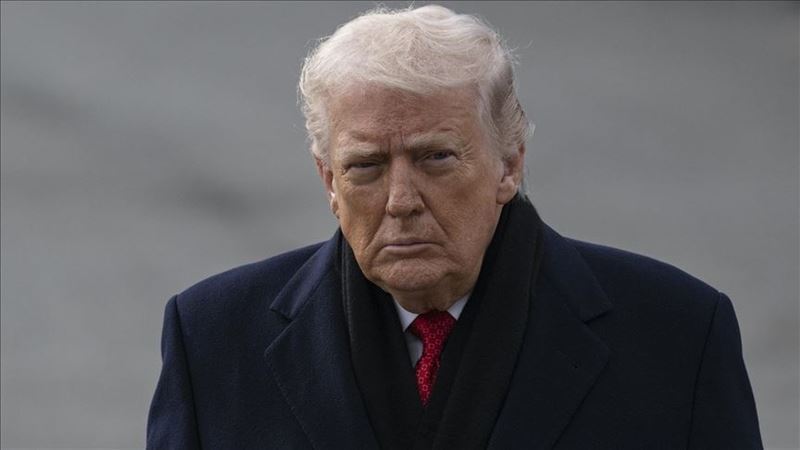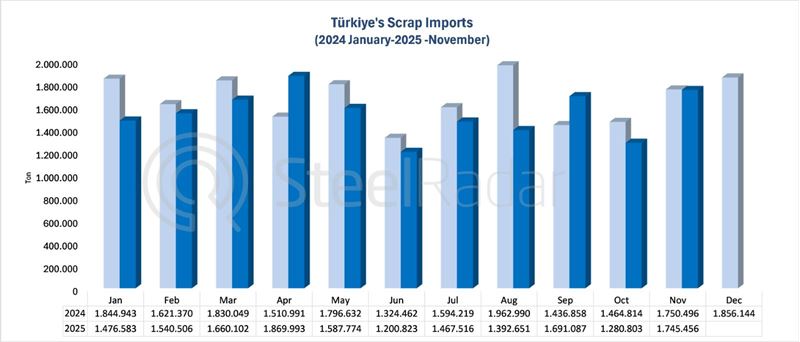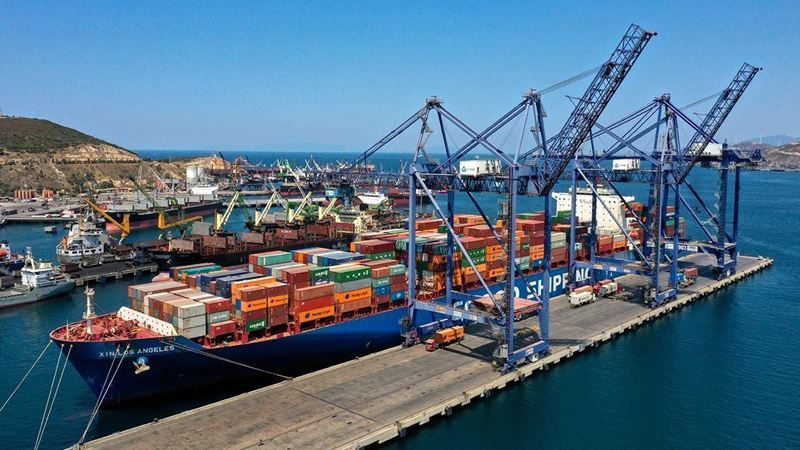The government stated that it aims to stabilize Canada's domestic market and prevent harmful trade diversion in the face of structural transformation and trade tensions in the global steel industry. “Canada's new government stands behind our steel industry and we aim to grow our economy by strengthening domestic production,” Prime Minister Carney announced.
Import restrictions and tariffs in place
The first step announced by the government was a significant tightening of quotas and tariffs on steel imports. Accordingly:
Steel imports from countries without free trade agreements (FTAs) will be subject to a quota of only 50% of 2024 levels, with a 50% tariff on products exceeding this quota.
For countries with FTAs but excluding the US, the quota is set at 100%; any excess will still be taxed at 50%.
There will be no changes to existing trade arrangements with the US.
All products containing steel melted and poured in China will be subject to a 25% tariff until the end of July if imported from countries other than the US.
The government has also launched a review to promote the use of domestic products in public procurement to encourage Canadian origin of steel and aluminum. Depending on the outcome of bilateral negotiations with the US, it was stated that a re-evaluation of existing trade arrangements could be made.
1 billion dollars of investment support for employment and production
Prime Minister Carney announced the launch of a 1 billion dollar investment fund to increase the competitiveness of the Canadian steel industry in the domestic market and to diversify its production capacity.
Within the scope of the Strategic Innovation Fund, support will be provided to steel producers; new production projects will be encouraged, especially for priority sectors such as defense.
70 million dollars has been allocated under Labour Market Development Agreements to retrain 10,000 steel workers and provide income support.
Financing support will be provided for small and medium-sized steel enterprises. The “Pivot to Grow” program will be restructured for companies with liquidity problems.
A 150 million dollar “Regional Tariff Response Initiative” will be launched through Regional Development Agencies.
In addition, the Large Enterprise Tariff Loan for large-scale companies will be expanded. The annual revenue threshold will be lowered from 300 million dollars to 150 million dollars, and the loan sub-limit from 60 million dollars to 30 million dollars. In addition, interest rates will be lowered and the loan term will be extended up to 7 years.
Canadian steel will be prioritized in public projects
The federal government has announced that it is working on a new public procurement policy that will mandate the use of Canadian steel in accelerated housing and infrastructure projects. Companies participating in federal tenders would be required to use Canadian steel.
Minister of Industry Mélanie Joly stated, "Protecting Canadian steel means protecting the Canadian worker. Today's decisions show our determination to build our country's economic future here in Canada."
Minister of Jobs and Families Patty Hajdu stated, "Steelworkers are the backbone of our economy. With the training and support programs we announced today, we are securing their future."










Comments
No comment yet.